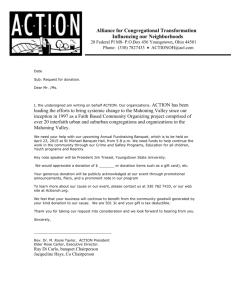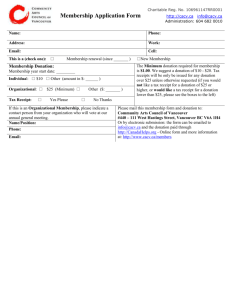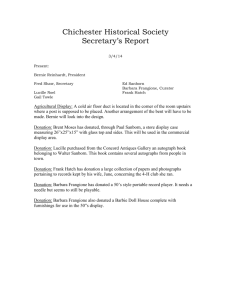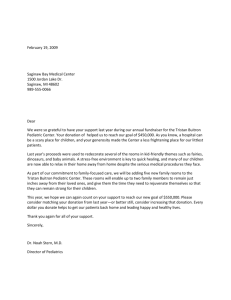FACTORS INFLUENCING BLOOD DONATION AMONG
advertisement
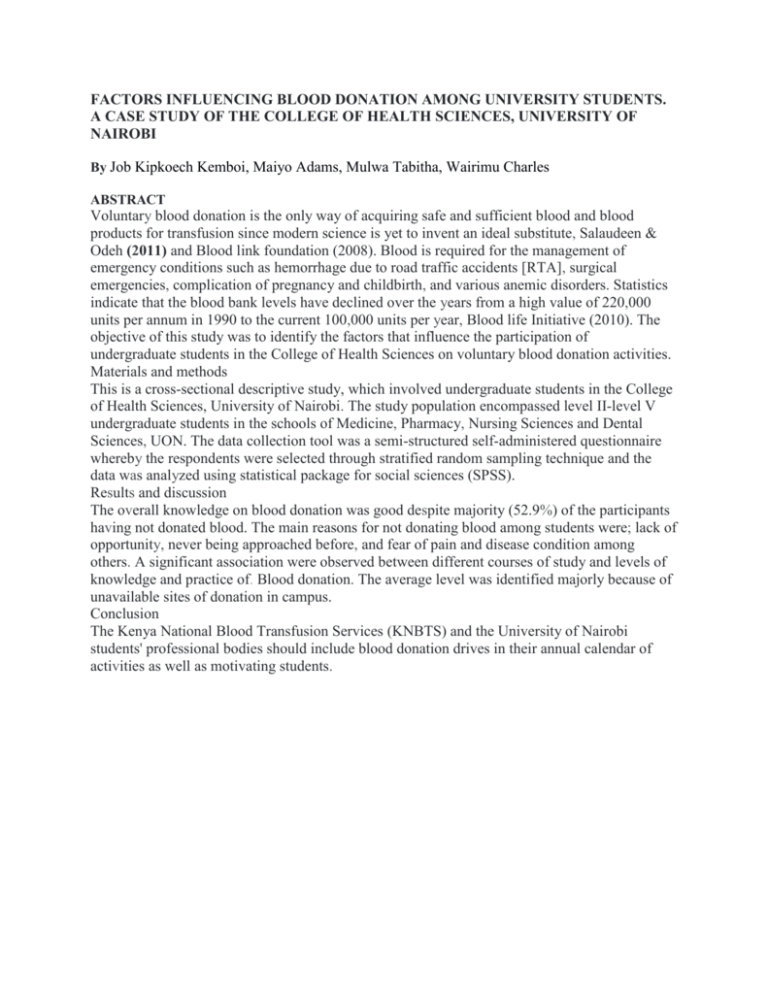
FACTORS INFLUENCING BLOOD DONATION AMONG UNIVERSITY STUDENTS. A CASE STUDY OF THE COLLEGE OF HEALTH SCIENCES, UNIVERSITY OF NAIROBI By Job Kipkoech Kemboi, Maiyo Adams, Mulwa Tabitha, Wairimu Charles ABSTRACT Voluntary blood donation is the only way of acquiring safe and sufficient blood and blood products for transfusion since modern science is yet to invent an ideal substitute, Salaudeen & Odeh (2011) and Blood link foundation (2008). Blood is required for the management of emergency conditions such as hemorrhage due to road traffic accidents [RTA], surgical emergencies, complication of pregnancy and childbirth, and various anemic disorders. Statistics indicate that the blood bank levels have declined over the years from a high value of 220,000 units per annum in 1990 to the current 100,000 units per year, Blood life Initiative (2010). The objective of this study was to identify the factors that influence the participation of undergraduate students in the College of Health Sciences on voluntary blood donation activities. Materials and methods This is a cross-sectional descriptive study, which involved undergraduate students in the College of Health Sciences, University of Nairobi. The study population encompassed level II-level V undergraduate students in the schools of Medicine, Pharmacy, Nursing Sciences and Dental Sciences, UON. The data collection tool was a semi-structured self-administered questionnaire whereby the respondents were selected through stratified random sampling technique and the data was analyzed using statistical package for social sciences (SPSS). Results and discussion The overall knowledge on blood donation was good despite majority (52.9%) of the participants having not donated blood. The main reasons for not donating blood among students were; lack of opportunity, never being approached before, and fear of pain and disease condition among others. A significant association were observed between different courses of study and levels of knowledge and practice of. Blood donation. The average level was identified majorly because of unavailable sites of donation in campus. Conclusion The Kenya National Blood Transfusion Services (KNBTS) and the University of Nairobi students' professional bodies should include blood donation drives in their annual calendar of activities as well as motivating students.




